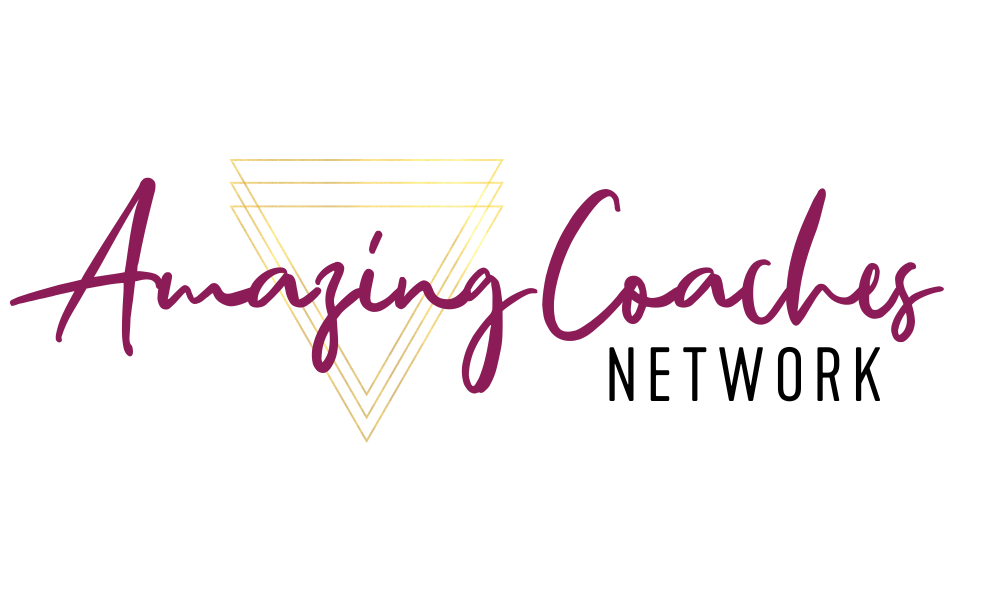If you are a coach, you know how important it is to reach out to your audience, engage with them, and build a relationship of trust and credibility. One of the most effective ways to do this is through email marketing. This article is part 1 of a 2-part series. The link to Part 2 is below.
Email marketing is a powerful tool a coach can use to reach out to their audience, engage with them, and increase sales. It is a form of digital marketing that involves sending commercial messages to a group of people via email. In recent years, email marketing has proven to be one of the most effective forms of digital marketing, with high conversion rates and ROI.
Email marketing ROI
According to a recent article by OptinMonster, email marketing has an average ROI of 42:1, meaning that for every $1 spent, it generates $42 in revenue. This is significantly higher than other forms of digital marketing, such as social media. This impressive ROI can be attributed to several factors, such as the low cost of email marketing compared to other forms of marketing, the ability to target specific audiences, and the high open and click-through rates.
Average Open and Click-Through Rate
The average open rate for email marketing across all industries is 18.0%, while the average click-through rate is 2.6%, according to a survey by Campaign Monitor. However, these rates can vary depending on the industry. For example, nonprofits achieve a higher open rate of up to 25.17%, while the average open rate for the food and beverage industry is only 15.68%.
One of the reasons why email marketing is so effective is its ability to be personalized and tailored to specific audiences. Segmented email campaigns have an open rate that is 14.32% higher than non-segmented campaigns, indicating that personalization is essential in email marketing.
List Segmentation
Businesses can create targeted email campaigns that are more likely to be opened, clicked, and converted by segmenting their email list based on demographics, interests, and behavior.
Email marketing is also reliable and consistent, unlike social media platforms, which are constantly changing and evolving. However, email marketing has its challenges. One of the biggest challenges is getting people to subscribe to your email list in the first place. This requires businesses to create valuable and engaging content that their audience wants to receive. It also requires businesses to have a clear and visible opt-in form on their website, social media, and other marketing channels.
Completing Subject Lines
Another challenge is the increasing competition in the email marketing space. With so many businesses using email marketing, it can be difficult to stand out and get your emails noticed. To overcome this challenge, businesses need to focus on creating compelling subject lines, engaging content, and a strong call-to-action that motivates their audience to take action.
Email marketing also requires businesses to comply with various regulations and laws, such as the CAN-SPAM Act and GDPR. This includes providing an easy way for people to unsubscribe from their email list and ensuring that their email content is not misleading or deceptive.
Create High-Quality Content
To maximize the effectiveness of email marketing campaigns, coaches need to focus on creating high-quality content that is relevant, engaging, and valuable to their audience. This includes using visual content such as images, videos, and infographics to make their emails more engaging and interactive. Coaches should also optimize their emails for mobile devices since more and more people are accessing their emails on smartphones and tablets.
By using email marketing, coaches can increase their income, attract new clients, and build a loyal following of fans and supporters. It offers a powerful way to connect with their audience, promote their coaching services, and establish themselves as authorities in their field.
Email marketing is a highly effective tool coaches can use to grow their coaching business. It offers a high ROI, high open and click-through rates, and the ability to personalize and target specific audiences. To succeed in email marketing, coaches need to create valuable content, segment their email list, comply with regulations, and optimize their emails for mobile. By doing so, they can take their coaching business to the next level, achieve their growth goals, and increase income.









